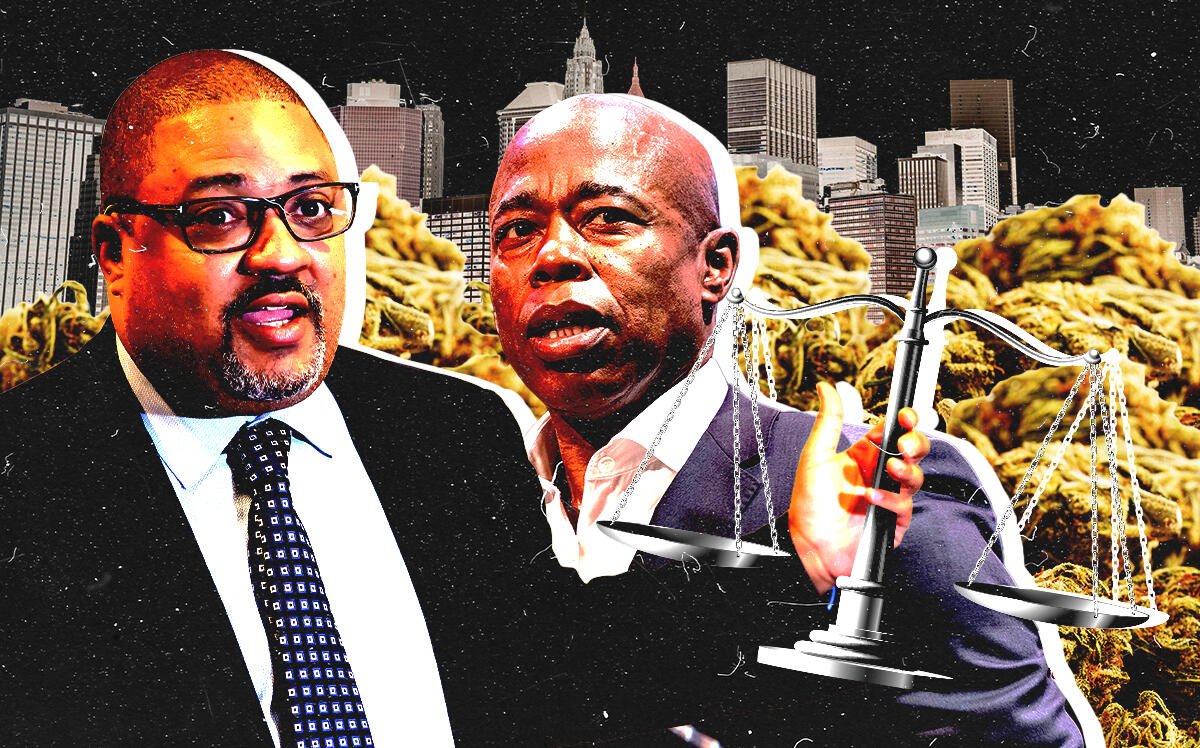A new City Council bill comes after landlords in the latest attempt to squash illegal weed shops.
The bill would slap four-figure fines on landlords who knowingly lease commercial space to unlicensed marijuana sellers. The bill already has 26 sponsors, just over half of the legislative body.
“By holding landlords accountable for knowingly enabling these illegal activities, we can restore the trust and security that our residents deserve,” Council member Lynn Schulman, the primary sponsor, said during a hearing Tuesday.
If the bill passes, landlords who knowingly lease to unlicensed weed sellers would face a $1,000 fine for their first violation and $2,000 for every one after that. It is not clear, however, how the city would prove a landlord knows about illegal sales.
The city has struggled to crack down on unlicensed weed dispensaries, which proliferated when the state passed a law two years ago to establish legal cannabis sales and city enforcement of illegal sales all but stopped. The state, for its part, has been extremely slow in issuing licenses.
In February, the Adams administration filed lawsuits against four shops, but illegal storefront sales have become so widespread that litigation alone is unlikely to stamp them out.
Maureen Kokeas, the commanding officer of the Sheriff’s Bureau of Criminal Investigation, testified at the hearing that more than 1,300 illegal weed shops are operating in the city.
Kokeas said the shops, which primarily deal in cash, divert tax revenue from the state. “Instead, the money is going into the pockets of these unscrupulous scofflaws who have no interest in anything but their own bottom line,” she said.
She noted that the bill “leaves out unlicensed e-cigarette activity, which also needs legislative action.”
The Real Estate Board of New York favors the bill, submitting testimony that it “strongly condemns any property owner who knowingly leases any property for an illegal or illicit use.”
“The REBNY model retail lease explicitly states that space shall not be utilized illegally,” the trade group’s testimony says. “If a space is being utilized illegally and an owner is aware, it is appropriate for that owner to be penalized along with others knowingly involved in the arrangement.”
Read more



